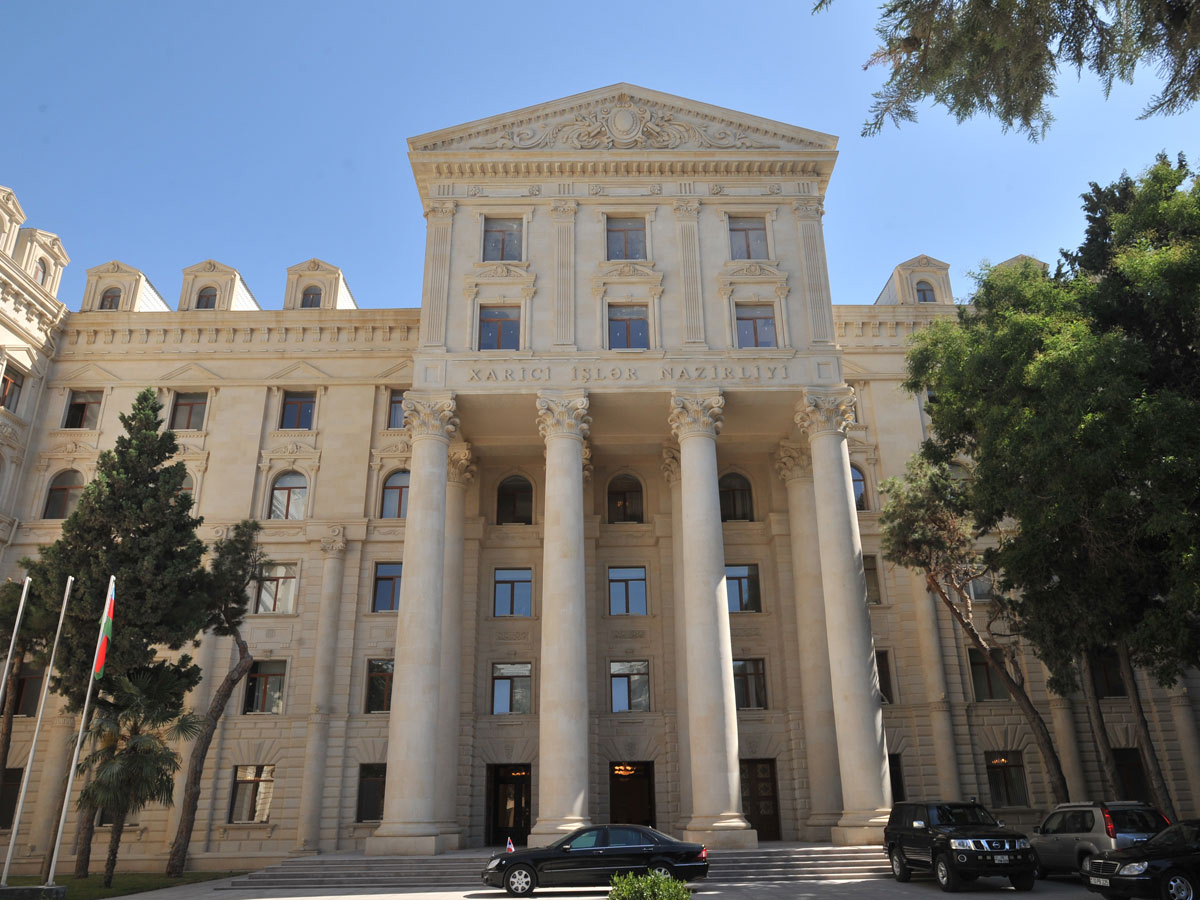Baku, Azerbaijan, Nov. 24
Trend:
Armenia uses the Sarsang Reservoir as a tool of terror, the Azerbaijani foreign ministry said Nov. 24.
An Armenian deputy foreign minister' statement on the PACE rapporteur's "Intentional deprivation of the residents of the Azerbaijani border regions of water" report proves that Armenia did not allow the PACE mission to visit the occupied territories of Azerbaijan when the report was being prepared," Hikmat Hajiyev, the spokesman for the Azerbaijani foreign ministry told Trend Nov. 24.
"Armenia deprived the inhabitants of the border regions of water," he said. "This statement is another evidence of the inhuman policy of this country."
"PACE Rapporteur Milica Markovic's report entitled "Intentional deprivation of the residents of the Azerbaijani border regions of water" is humanitarian in nature," he said. "It is important in terms of considering the problem with the deprivation of the inhabitants of the Azerbaijani border regions of water and submitting it to the international community."
"The Sarsang reservoir was built to provide people and farms in the border regions with water," he said. "But after the occupation of this territory, Armenia uses it as a tool of humanitarian and environmental terrorism."
"The Armenian side intentionally opens the floodgates during the winter months and creates conditions for flooding in the surrounding areas," he said. "But it does not allow using it in summer. As a result, there are serious problems in providing people and farms with water and preserving the biodiversity."
According to the international conventions, the use of water is an integral part of human rights.
"During the conflict settlement, the OSCE Minsk Group co-chairmen must thoroughly consider the reports of the Rapporteur of PACE Committee on Political Affairs Robert Walter and the Rapporteur of the Committee on Social Affairs Milica Markovic as an expression of will and concern of the international community," he said.
Hajiyev reiterated the Azerbaijani side's position on the necessity of withdrawing the Armenian armed forces from the occupied territories, as required by the UN Security Council resolutions.
The conflict between the two South Caucasus countries began in 1988 when Armenia made territorial claims against Azerbaijan. As a result of the ensuing war, in 1992 Armenian armed forces occupied 20 percent of Azerbaijan, including the Nagorno-Karabakh region and seven surrounding districts.
The two countries signed a ceasefire agreement in 1994. The co-chairs of the OSCE Minsk Group, Russia, France and the US are currently holding peace negotiations. Armenia has not yet implemented the UN Security Council's four resolutions on the liberation of the Nagorno-Karabakh and the surrounding regions.






